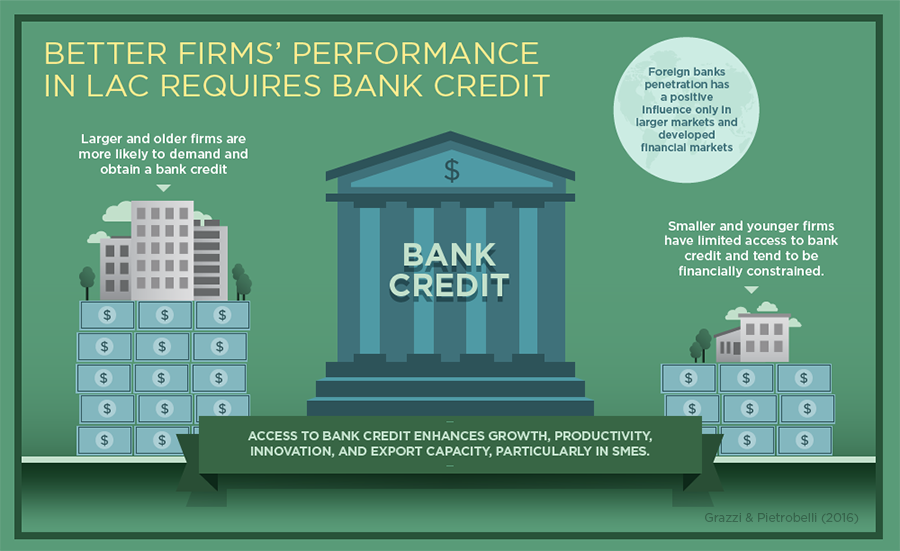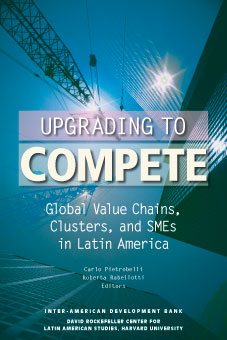A chapter co-authored with Andrea Presbitero on firm access to bank credit in Latin America was published in Firm Innovation and Productivity in Latin America and the Caribbean: The Engine of Economic Development edited by Matteo Grazzi and Carlo Pietrobelli. The paper is also published in Economic Notes.
The complete book can be downloaded here and our chapter is here


